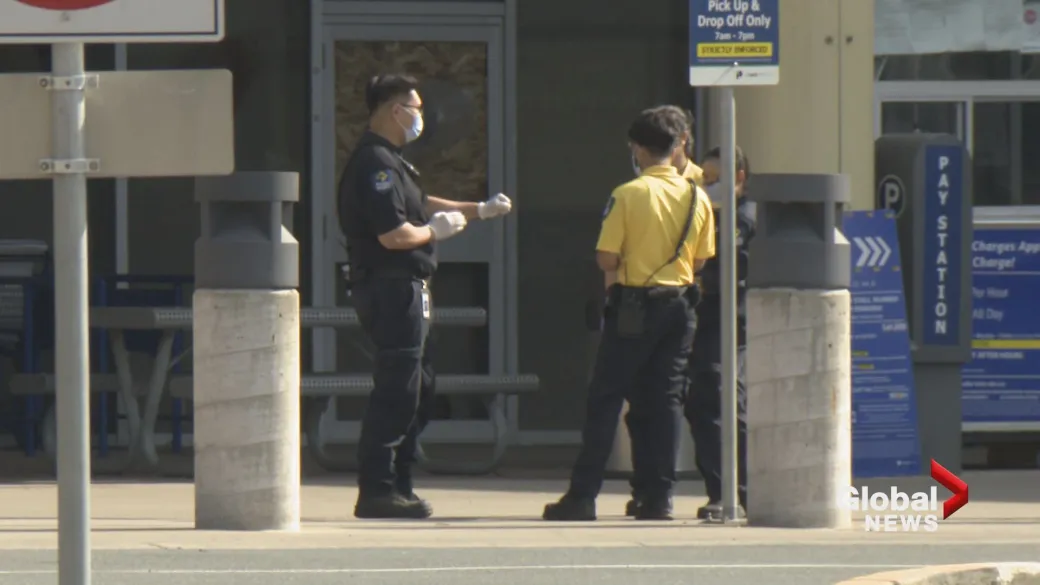

New numbers from WorkSafeBC illustrate the ongoing risk of workplace violence faced by British Columbia’s health-care workers.

The data from the workplace safety regulator show there were more than 1,800 claims of workplace violence in the health-care sector in 2023, up from just over 1,624 the year prior.
More than a third of last year’s incidents, 649, involved nurse aids, orderlies and patient service associates.
There were 525 incidents of violence against registered and licensed practical nurses and 471 against social and community service workers.

The numbers come as no surprise to Doctors of B.C.
Association president Dr. Ahmer Karimuddin says the figures also don’t capture incidents involving physicians, who aren’t employees of B.C.’s health authorities, and likely under-represent incidents system-wide.
“Most health-care providers choose not to report in those circumstances unless there’s been something really severe that’s happened to them or they sustain a serious injury or harm,” he said.
Tanya Houghton, senior director of health care and specialized claims services with WorkSafeBC, said health-care workers with public-facing jobs were more likely to be involved in violent incidents.
But she said the numbers may also represent more workers feeling comfortable reporting incidents that may not have previously been recognized as violence.
“Acts of violence and force also include things like bullying and harassment. So that can be both verbal and physical,” she said.
“I think some of it is education and some of it is the nature of their work.”
Tweet This Click to share quote on Twitter: "I think some of it is education and some of it is the nature of their work."

Suzana Pripic, WorkSafeBC senior manager of prevention, said the regulator conducted more than 1,700 healthcare workplace inspections in 2023.
Inspectors wrote more than 170 orders, primarily related to violence risk assessments, workplace policies and procedures, and staff instruction and education.
“Health-care workers can face acts of violence, simply because of the nature of their work and the volume of point-of-care interactions between workers and patients and many different risk factors that exist in these interactions,” she said.
“So it is really, really important that that risk assessment be conducted so that the hazards specific to the work being done can be understood, that procedures can be put in place, and instructions and training can be provided to workers to make sure they have the tools to do their jobs safely.”

B.C.’s new Health Minister Josie Osborne said keeping health-care workers safe is a top priority as she takes on the portfolio.
“These are very difficult stories to hear, and I take them very seriously,” Osborne said.
“I am committed to working with all of these different sectors, hearing from them, listening to them, understanding what they’re experiencing, and then continuing to take action by putting in the right officers, the right measures in place.”
Osborne said the province began hiring relational security officers to improve safety in health-care facilities in 2022. The program has since expanded to the equivalent of 750 full-time positions across 30 sites.


